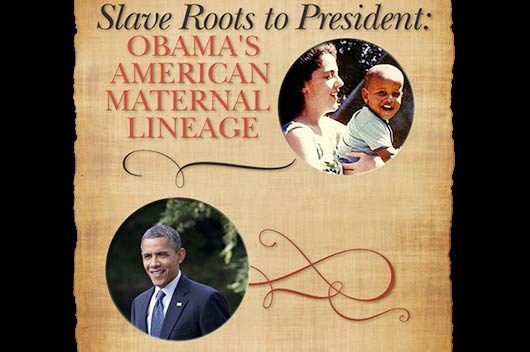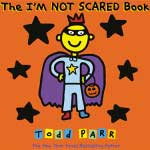
We were spending the summer at a gated community, outside the city, and my son Oscar was about four years old. Children had the run of the place and were having a blast. He had made many friends his age, and spent all day cycling, swimming, and playing soccer.
One day I was strolling along and saw Oscar with some buddies. I approached the circle and said something to him in English, the language I have used with my children since they were born. All the children stared at me wide-eyed. Their eyes grew even wider when they heard him answer in what, for them at that time, was a strange language. And for the first time in his life, Oscar realized that speaking two languages at home was not “normal” and that the rest of families spoke only one. Up to that point in his short life he had not realized that bilingual families were not the norm.
Read Related: Is Your Bilingual Kid Smarter? Si!
After this incident Oscar stopped talking to me in English. He did not enjoy being “different” and wanted to be like his peers. He wanted to belong to his group of friends and had no desire to be a language freak.
I paid no attention and kept on speaking in English to him and to his sisters, and ignored his Spanish. I explained nothing. I understood then that children want to be “normal,” like everybody else, like their peers. After a few weeks he came back to English and our bilingual life kept sailing along in fair weather, to this day.
But that happened a long time ago. Things are different now, both in Spain and in the United States, the two countries I know best. Out of that experience, let me offer the following tips to help your children overcome their fear of speaking a different language:
- Make sure your child gets the idea that speaking two, or even three languages, is normal and better. Tune in to radio or TV programs in both languages to make your point.
- Do not let his peers or society beat him down because he speaks several languages. Bilinguals are not different, they are better. Persist in this at all costs.
- Parents must take pride in their heritage of origin and in their new acquired culture. Spanish heritage has nothing to envy of Anglo-Saxon culture or any other, and vice versa, of course.
- Once the child perceives that her parents are proud of, say, the Spanish language, and that they use it indoors and outdoors, anywhere, she will feel the pride and advantage of being bilingual.
- The plasticity of children’s brains is awesome and can adapt to anything and acquire anything… but it also takes pride and dignity to help them lose the fear of speaking any language, anywhere, anytime.
Go for it!
[Mamiverse’s Bilingual Plus is an online channel devoted to bringing parents and educators the bilingual learning tools they need in the form of digital picture books, sing-alongs, and free curriculum-based family activities.]












